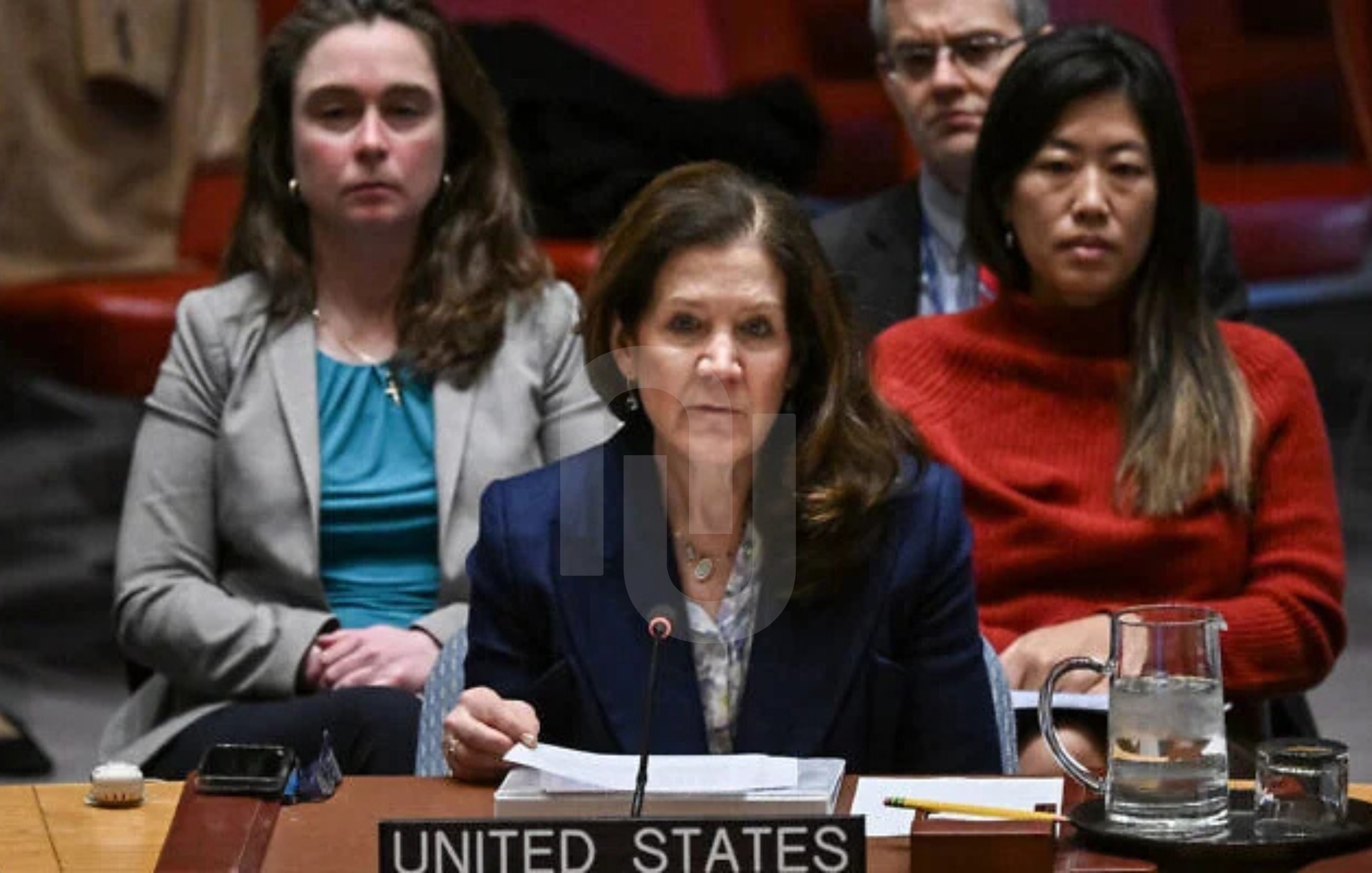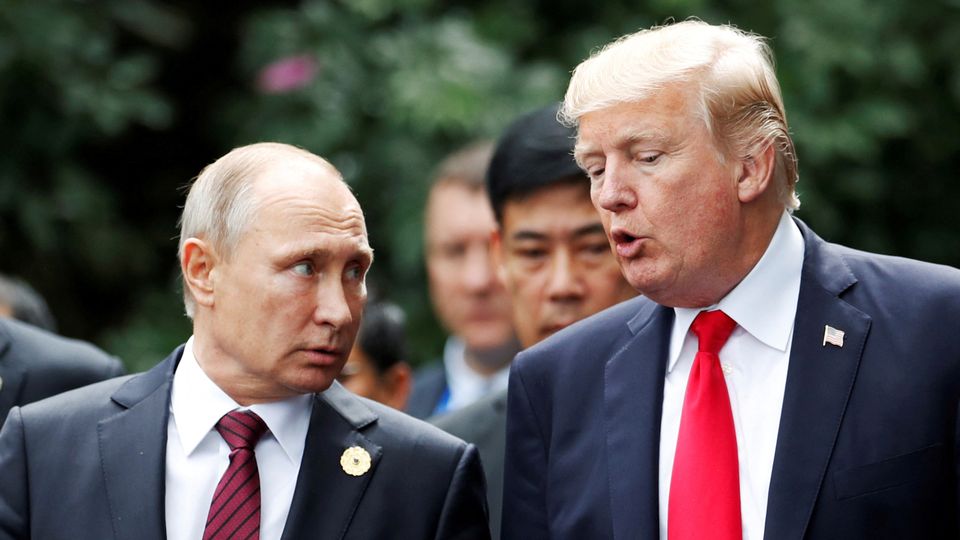US Blames Hamas for Renewed Fighting
The US envoy to the UN, Dorothy Shea, told the Security Council that Hamas is solely responsible for the resumption of Israeli airstrikes in Gaza. She emphasized that the group repeatedly rejected ceasefire proposals, including a temporary extension during Ramadan and Passover.
Hamas’ Stance on the Ceasefire Deal
Hamas insisted on sticking to the original ceasefire terms, which required Israel to withdraw completely from Gaza in exchange for the release of hostages. Israel, however, refused to discuss the second phase of the deal, arguing that Hamas’ military capabilities must first be dismantled.
Israel’s Push for a Different Approach
Rather than accepting Hamas’ demands, Israel sought an extension of phase one of the deal, focusing on hostage releases while continuing its military operations. The US supported this strategy, proposing a “bridge deal” to extend the ceasefire and allow further negotiations.
Hamas’ Rejection of the US Proposal
Hamas dismissed the US-backed extension proposal, offering only to release one US-Israeli hostage along with the bodies of four dual citizens. This response was considered unacceptable by the US and Israel, leading to the renewed hostilities.
Israel’s Response: Airstrikes Resume
Following the collapse of negotiations, the Israeli Defense Forces (IDF) launched fresh airstrikes targeting Hamas positions across Gaza. Reports from Gaza’s health authorities claimed hundreds were killed, though the numbers remain unverified.
US Defends Israel’s Actions
Addressing allegations of indiscriminate bombings, Shea argued that Israel is specifically targeting Hamas military sites. She accused Hamas of using civilian infrastructure for military purposes, a practice the US strongly condemns.
Iran’s Alleged Role in Regional Instability
Shea also blamed Iran for fueling instability across the Middle East, suggesting that stronger ties between Israel and its neighbors could reshape the region for the better.
UN Warns of Humanitarian Crisis
The UN Office for Humanitarian Affairs expressed deep concern over the renewed conflict, warning that Gaza’s civilians are once again living in “abject fear” as Israeli airstrikes intensify.
Casualties and Damage in Gaza
According to reports from Hamas-run health authorities, more than 400 Palestinians were killed in the recent strikes. However, the figures do not distinguish between civilians and militants.
IDF’s Targeted Operations
The IDF stated that its strikes were aimed at Hamas and Palestinian Islamic Jihad operatives, as well as rocket launch sites and weapons stockpiles that could be used against Israel.
UN Calls Emergency Meeting
Before the latest escalation, the UN Security Council had already planned a meeting to address Gaza’s humanitarian situation. The discussions intensified following Israel’s renewed blockade on aid shipments.
Severe Impact of Aid Blockade
The UN’s Tom Fletcher warned that Israel’s decision to block humanitarian aid since March 2 would have a “disastrous impact” on Gaza’s 2 million residents, who rely on external assistance for survival.
Aid Efforts During the Ceasefire
Fletcher highlighted that during the ceasefire, 4,000 aid trucks entered Gaza each week, supplying food, medicine, and shelter to those in need. The return to fighting has once again disrupted these efforts.
UN Demands Immediate Ceasefire
UN Secretary-General Antonio Guterres called for an immediate halt to hostilities, emphasizing the urgent need for unimpeded humanitarian access and the release of all hostages.
Guterres Condemns Renewed Violence
Guterres described the situation as “intolerable,” blaming both sides for prolonging the suffering of civilians. He urged the international community to push for a ceasefire and meaningful peace talks.
UN Rights Chief Calls for an End to the War
UN human rights chief Volker Turk condemned the violence, stating that continued military action would only deepen the crisis. He stressed that a political solution is the only viable path forward.
Concerns Over Civilian Impact
Turk warned that the humanitarian toll of the war is growing, with Gaza’s population facing extreme hardship. He called on both Israel and Hamas to prioritize civilian protection.
Global Push for Peace Talks
The international community continues to call for a negotiated settlement that respects international law and addresses the root causes of the conflict.
The Need for a Long-Term Solution
UN officials argue that short-term ceasefires are not enough, urging both parties to commit to a permanent resolution that includes statehood for Palestinians and security for Israelis.
The World Watches as Tensions Rise
With violence escalating once again, global leaders face increasing pressure to intervene and broker a peace deal that can prevent further destruction and loss of life.




